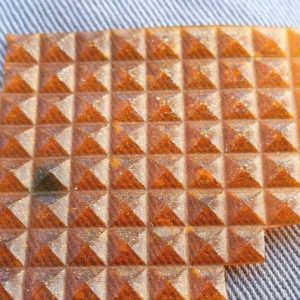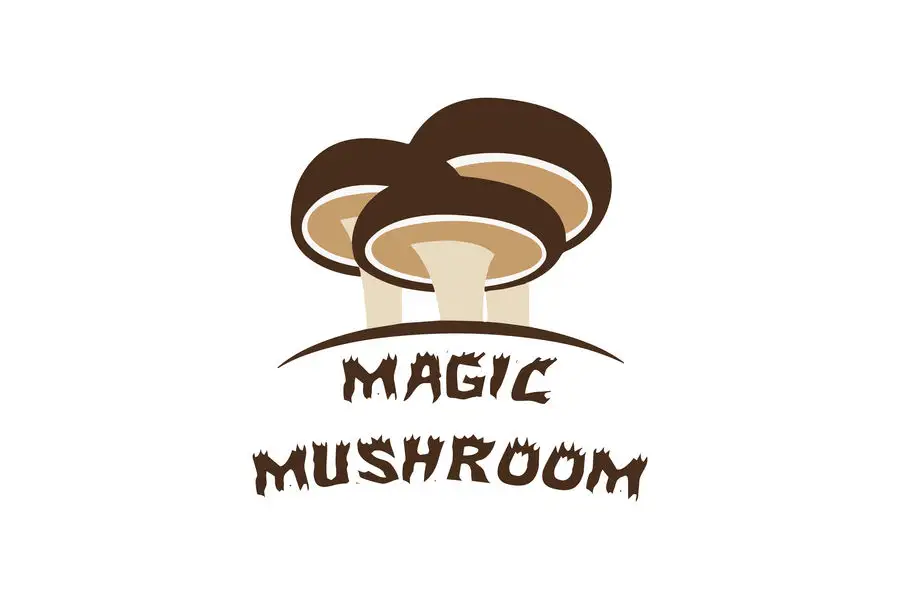LSD GEL TABS
$195.00
LSD gel tabs are a form of lysergic acid diethylamide (LSD) that come in small, gelatin-based squares infused with a measured dose of the psychedelic substance. Known for their potency and long-lasting effects, gel tabs offer a more stable and shelf-resistant alternative to traditional blotter paper. Users typically experience altered perception, enhanced creativity, and deep introspective thoughts, with effects lasting between 8 to 12 hours. Due to its powerful psychoactive properties, LSD gel tabs should be used with caution and in a safe, controlled environment.
lsd gel tabs
LSD gel tabs are a form of lysergic acid diethylamide (LSD) that comes in a gelatin-based medium. This format is an alternative to more common LSD delivery methods, such as blotter paper, liquid drops, and microdots. LSD is a powerful hallucinogenic substance known for its profound effects on perception, mood, and cognition.
Composition and Appearance
LSD gel tabs are typically small, square-shaped pieces of gelatin infused with a measured dose of LSD. They often have a translucent or colored appearance, depending on the production method and any added dyes. Gel tabs are designed to dissolve in the mouth, allowing for sublingual absorption, or they can be swallowed.
How LSD Gel Tabs Work
Like other forms of LSD, gel tabs interact primarily with serotonin receptors in the brain, particularly the 5-HT2A receptor. This interaction leads to alterations in thought patterns, sensory perception, and emotional experiences. The effects generally begin within 30 to 90 minutes after ingestion and can last between 8 to 12 hours, depending on dosage, metabolism, and individual sensitivity.
Effects of LSD Gel Tabs
The effects of LSD gel tabs can vary widely depending on the dose and the user’s mindset and environment (commonly referred to as “set and setting”). Effects can be categorized as:
1. Sensory and Perceptual Effects
- Enhanced colors, patterns, and textures
- Visual distortions or hallucinations
- Altered sense of time and space
- Heightened sensitivity to sounds and music
2. Cognitive and Emotional Effects
- Increased introspection and philosophical thinking
- Emotional intensification (both positive and negative)
- Feelings of interconnectedness and euphoria
- Potential anxiety or paranoia at high doses
3. Physical Effects
- Dilated pupils
- Increased heart rate and blood pressure
- Sweating or chills
- Mild nausea in some cases

Advantages of LSD Gel Tabs Over Other Forms
LSD gel tabs have gained popularity for several reasons:
- Longer shelf life: The gelatin medium protects LSD from degradation due to exposure to light, heat, and air, making gel tabs more stable than blotter paper.
- Precise dosing: Well-made gel tabs offer consistent dosing compared to liquid drops, where measuring exact amounts can be difficult.
- Easier ingestion: Gel tabs dissolve more easily than blotter paper, which some users find more pleasant.
Risks and Safety Considerations
LSD is a potent psychoactive substance, and while it is generally considered non-toxic, it carries psychological risks. Users should consider the following:
- Set and Setting: A safe, comfortable, and familiar environment can help reduce the risk of a bad trip.
- Psychological Readiness: Individuals with a history of mental health issues, such as anxiety or schizophrenia, may experience exacerbated symptoms.
- Dosage Awareness: Taking too high of a dose can lead to overwhelming experiences, paranoia, or panic attacks.
- Legality: LSD is classified as a controlled substance in many countries, and possession or distribution can carry legal consequences.
History of LSD and Its Various Forms
LSD was first synthesized in 1938 by Swiss chemist Albert Hofmann and later became widely known for its role in psychedelic research and counterculture movements of the 1960s. Over the decades, different forms of LSD emerged, including:
- Blotter Paper: Small squares of paper soaked in LSD solution, the most common form.
- Liquid LSD: Dispensed in drops from a vial onto sugar cubes or directly onto the tongue.
- Microdots: Tiny pill-like forms containing LSD.
- Gel Tabs: Gained popularity due to improved shelf stability and dosing precision.
Modern Research on LSD
Recent studies have explored LSD’s potential therapeutic applications, including:
- Treatment for Depression and Anxiety: Some research suggests LSD-assisted therapy may help individuals with treatment-resistant depression.
- Aid for PTSD and Trauma: Psychedelic-assisted therapy is being investigated as a tool for processing traumatic experiences.
- Creativity and Problem-Solving: Some evidence supports the idea that LSD can enhance divergent thinking and creative problem-solving.

Be the first to review “LSD GEL TABS” Cancel reply
Related products
Pills
Pills
Pills
Pills
Pills


Reviews
There are no reviews yet.